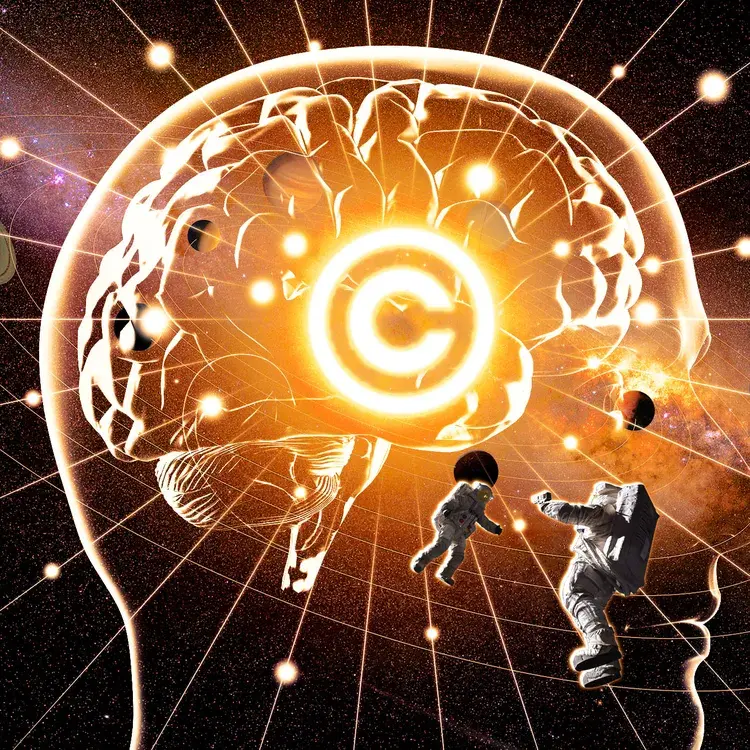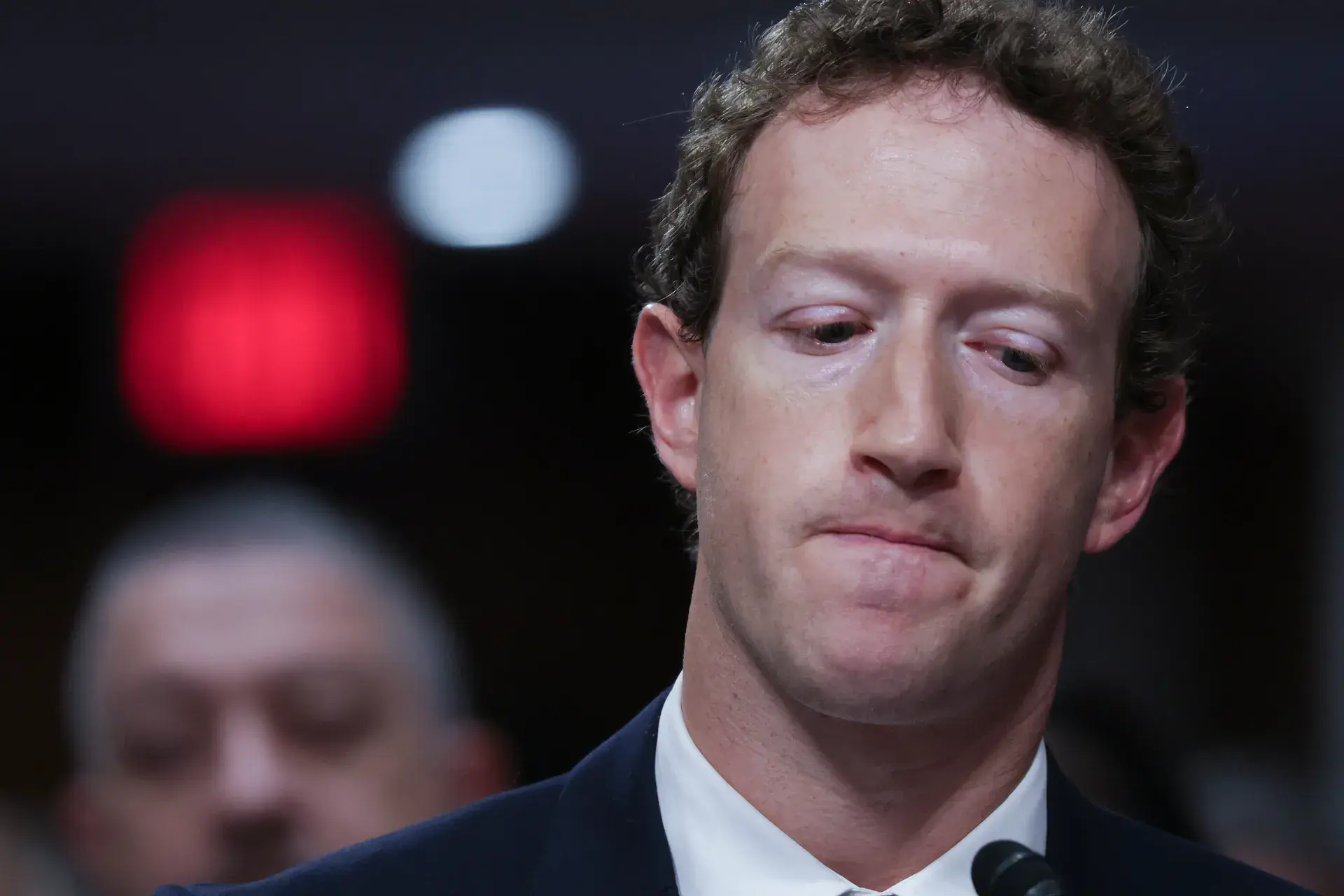OpenAI has struck a groundbreaking content licensing deal with Time magazine, granting the AI powerhouse access to over a century of Time’s editorial archives. This move comes as OpenAI seeks to enhance its products, like ChatGPT, by leveraging historical and current content from Time. The financial terms of the agreement remain undisclosed.
With this partnership, OpenAI will utilize Time’s extensive archives to provide enriched responses to user queries, complete with citations and links to Time.com. This collaboration is part of Time’s broader commitment to expand global access to accurate and reliable information. Joining a roster of media allies like The Atlantic, Vox Media, and The Wall Street Journal, Time is now part of OpenAI’s strategy to train its AI models using diverse and trusted sources.
💡Insight for Entrepreneurs: Entrepreneurs should take note of how OpenAI’s strategic partnerships can mitigate legal risks while fostering innovation. By securing content licensing deals, OpenAI not only enriches its AI capabilities but also ensures compliance with copyright laws, avoiding costly litigations. This approach exemplifies the importance of building strong, mutually beneficial alliances to drive business growth and sustainability in a competitive landscape.
Source: De León, M. (2024, June 27). OpenAI and Time sign agreement for ChatGPT to use over 100 years of editorial archive. WIRED. https://es.wired.com/articulos/openai-y-time-firman-un-acuerdo
OpenAI’s Bold Move: AI Training AI!
One of the key elements that made ChatGPT a roaring success was an army of human trainers guiding the AI model behind the bot on what constituted good and bad responses. OpenAI now claims that adding even more AI to the mix (to assist human trainers) could help make AI assistants even smarter and more reliable.
Initially, OpenAI pioneered the use of reinforcement learning with human feedback (RLHF) in the development of ChatGPT. This technique uses human evaluators' input to fine-tune an AI model, making its output more consistent, less offensive, and more accurate. OpenAI developed a new model, CriticGPT, to help human trainers evaluate code, and found it could catch errors that humans overlooked, with human judges preferring its code critiques 63% of the time.
💡Insight for Entrepreneurs: For entrepreneurs, the key takeaway is the potential of integrating AI to enhance and streamline training processes. Utilizing AI to augment human capabilities can lead to more efficient and accurate outcomes, offering a competitive edge in various industries. By exploring and adopting such innovative techniques, businesses can not only improve the quality of their products and services but also drive significant advancements in their operational efficiency.
Source: Knight, W. (2024, June 27). OpenAI Wants AI to Help Humans Train AI. WIRED. Adapted by Mauricio Serfatty Godoy. https://es.wired.com/articulos/openai-quiere-que-ia-ayude-a-humanos-a-entrenar-ia
Activists Storm Amazon Conference in Fiery Protest Against Israel Contract!
On Wednesday, activists from the No Tech for Apartheid group stormed the Amazon Web Services (AWS) Summit in Washington, DC, interrupting a keynote speech to protest Amazon’s $1.2 billion cloud computing contract with the Israeli government, known as 'Project Nimbus'. The protesters, who waved Palestinian flags and banners, accused Amazon of supporting an apartheid state and facilitating genocide through its technological services.
The protest, which occurred during Dave Levy’s, AWS's global public sector VP, speech, was part of a series of recent demonstrations against Project Nimbus. Activists from various organizations, including Occupation Free DC and Jewish Voices for Peace, have been vocally opposing the contract, citing ongoing violence in Gaza and recent war crimes allegations against Israeli officials. Amazon defended its position, emphasizing its commitment to global customers and humanitarian support.
💡Insight for Entrepreneurs: This incident highlights the growing importance of corporate social responsibility and the potential backlash companies can face when involved in controversial government contracts. Entrepreneurs should be aware that modern consumers and employees are increasingly vocal about ethical considerations. Aligning business practices with social values can not only prevent public relations crises but also foster trust and loyalty among stakeholders.
Source: Haskins, C. (2024, June 27). Activists disrupt Amazon conference to protest 'Project Nimbus' with Israel. WIRED. https://www.wired.com/story/amazon-aws-project-nimbus-conference-protest-israel-gaza/
Scandal at Perplexity: AI Giant Accused of Plagiarism and Deception!
Perplexity, an emerging competitor to Google, aims to revolutionize search with its "answer engine." Instead of providing a list of search results, Perplexity delivers direct answers by aggregating information from primary sources. However, this model has come under fire for effectively stealing traffic and revenue from original content creators, by presenting entire summaries without proper attribution or compensation. Recently, Forbes discovered that Perplexity bypassed their paywall to summarize an exclusive investigation, highlighting a broader issue of intellectual property theft within the company’s operations.
Moreover, Perplexity's CEO, Aravind Srinivas, admitted to using third-party scrapers that ignore web publishers' robots.txt files, which are meant to prevent such unauthorized scraping. Despite these revelations, Srinivas deflected responsibility, indicating a lack of commitment to ethical practices. This has resulted in widespread condemnation from various media outlets, including Wired, which also found its content plagiarized by Perplexity. As scrutiny intensifies, Perplexity’s approach raises significant concerns about the future of content integrity and trust on the internet.
💡Insight for Entrepreneurs: Entrepreneurs should draw a crucial lesson from Perplexity's predicament: the importance of ethical practices in building sustainable business models. While innovation is key, maintaining integrity and respecting intellectual property rights is equally vital. Trust is a foundational element in any industry, especially in tech, where the lines between innovation and exploitation can blur. Balancing technological advancement with ethical responsibility will not only foster better industry relationships but also ensure long-term success and reputation in the market.
Source: Lopatto, E. (2024, June 27). Perplexity’s Grand Theft AI. The Verge. https://www.theverge.com/2024/6/27/24187405/perplexity-ai-twitter-lie-plagiarism





